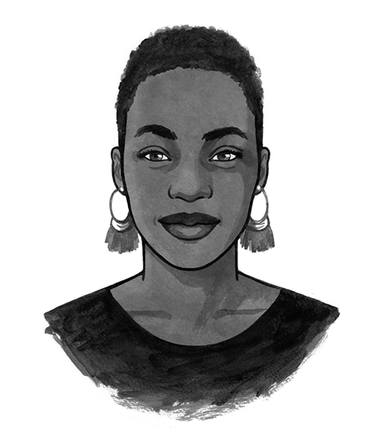Hi,
Have you read my latest article on death as a useful gauge for the level of dehumanisation people experience in life? I’d love to hear what you think of it, what you agree or disagree with, and what ideas you’d like me to explore more deeply as I continue my investigation into death as a tool or marker of Othering.
One of the most consistent contributions to my writing so far is the reminder that the tendency to categorise other human beings is innate and inescapable. (Even I have written about my personal experience of this.) In a contribution to my last essay, Christopher Bamford said: “The human animal is hard-wired to divide groups into ‘us’ and ‘them’, thus justifying the confiscation of resources by ‘us’, and the denial of common humanity to ‘them’. Any old criterion will do…”
Christopher’s contribution reminded me of the question at the heart of my beat: is the denial of common humanity to "them" an inevitable consequence of our innate tendency to categorise people? If so, how do we mitigate this? I hate to think that human beings are doomed to cruelty towards one another, but both (certain versions of) history and current events seem to indicate that my optimism might be closer to delusion. Still, if we cannot change people, surely we are able to change – or at least affect – the systems and institutions that govern people, to reduce the overall harm.
I was in Accra last week for a literary festival called Pa Gya!, and during my session (which was about, among other things, queer relationships), a self-identified straight man asked a question about whether it is possible to eliminate homophobia in conservative societies by getting non-queer people to understand queerness. In response, someone in the audience said: “I don’t think it is useful to try to change people’s minds. We just have to make it impossible for them to act in harmful ways on the bigoted ideas they have about others.” I’m paraphrasing, of course, but I appreciated how she captured the value of taking a structural approach when addressing structural problems.
I don’t like to imagine that our societies will forever crush people into the ground in the way that they have in recent history. It hasn’t always been this bad everywhere – many indigenous cultures had ways of organising themselves which did not rely on subjugation, domination or exploitation. It has always been possible for fairness and humane interactions to exist on a large scale in the way that violence and injustice do now. We just have to discover, remember, or implement better methods for organising ourselves socio-politically.
In the next section of this series (which may be coming in three weeks or even three months, depending on how interesting the current subject is to us), we’ll be thinking through ‘place’ as a tool for Othering, in much the same way as we are thinking through death now. I’m excited about the possibility of exploring real places in the here and now where the social, economic and political systems point significantly towards public good, rather than private gain.
In the meantime, have you started reading the book of the month? While I wait to receive my copy of ‘The Land of Open Graves’, our conversation editor Nabeelah Shabbir has some good news for us: the author, Jason de Léon, is going to join us for a chat about his work when we finish reading next month. I’m delighted by his generosity; I don’t know that it’s common for authors to make time for brand new online book clubs. Perhaps this is one of the perks of the job that no one remembered to mention to me. Keep them coming, The Correspondent! :)
Our tentative date for the book review and chat with Jason de Léon is Tuesday November 12th, so please keep your fingers crossed that a copy reaches me well before then. In the meantime, see you in the contribution section! I’d like to know: have you noticed any patterns with death in your community?
Till next time,
OluTimehin

